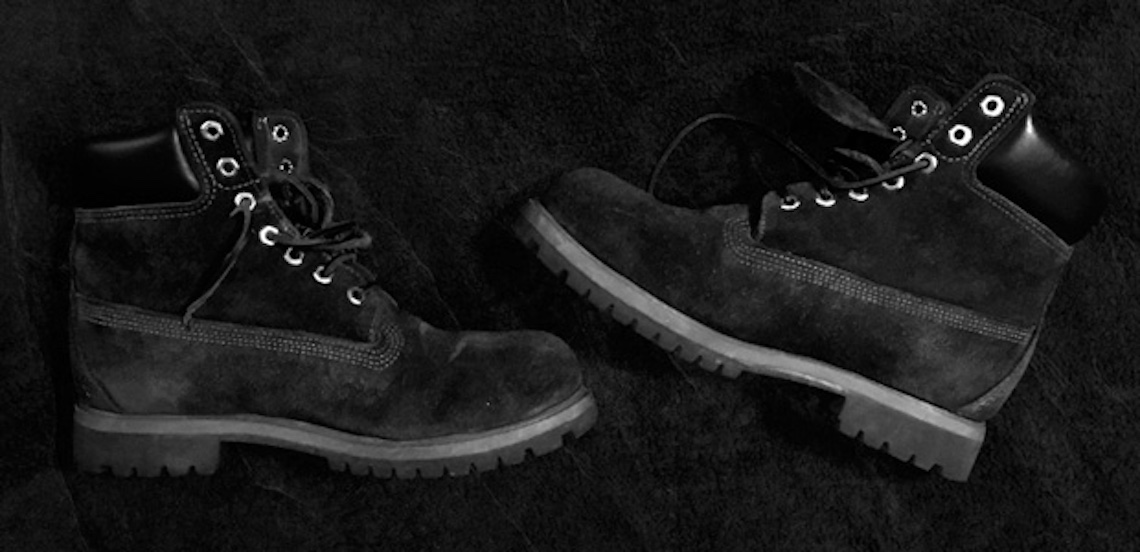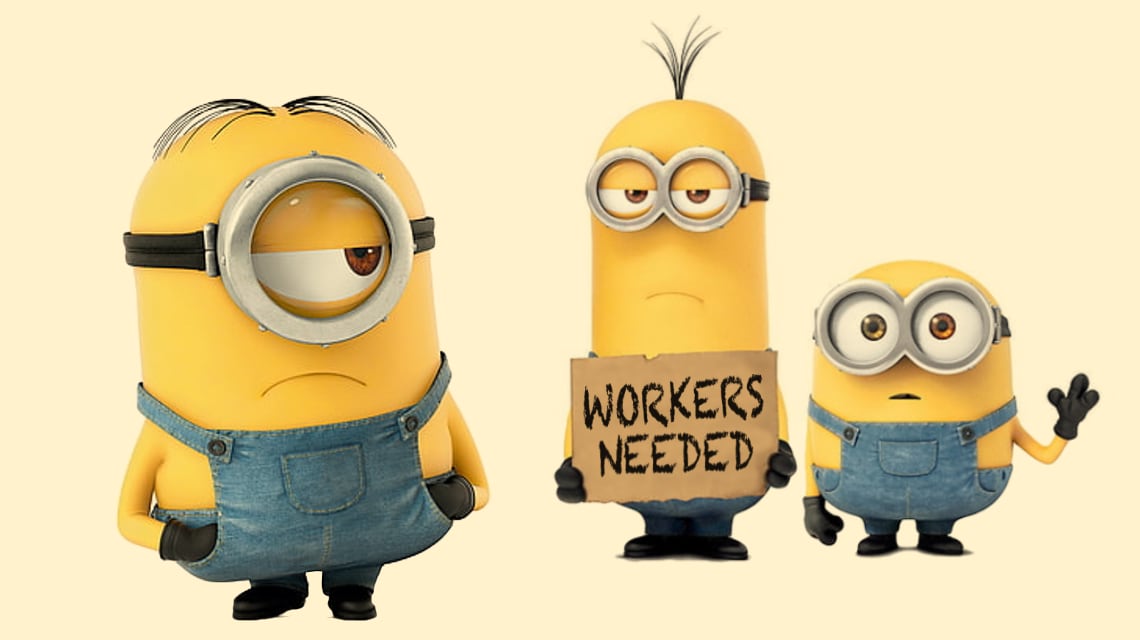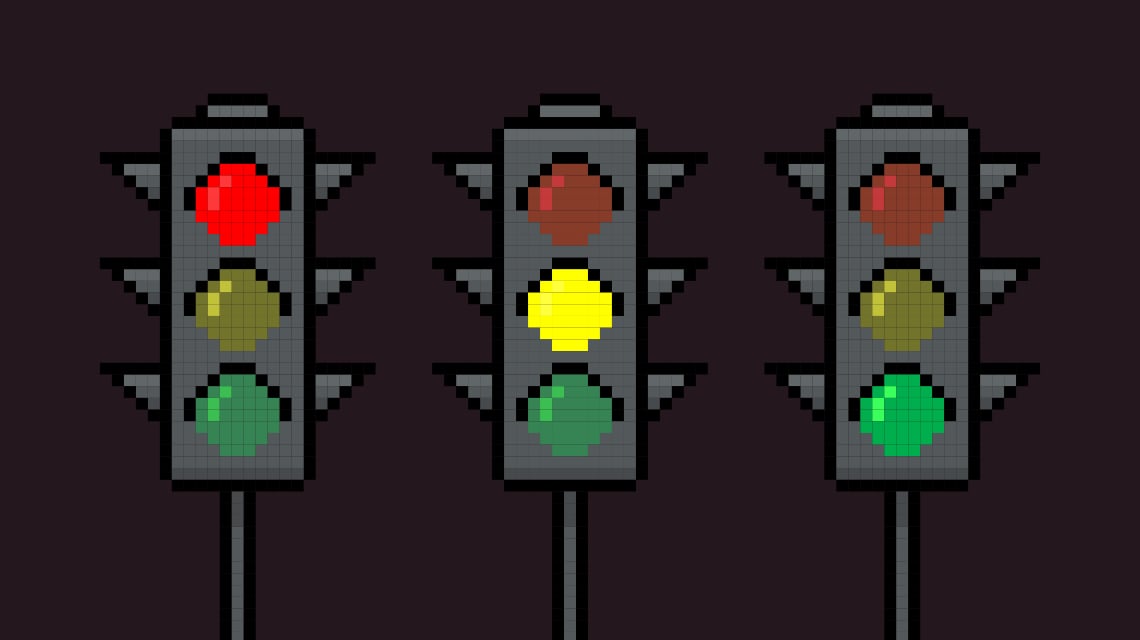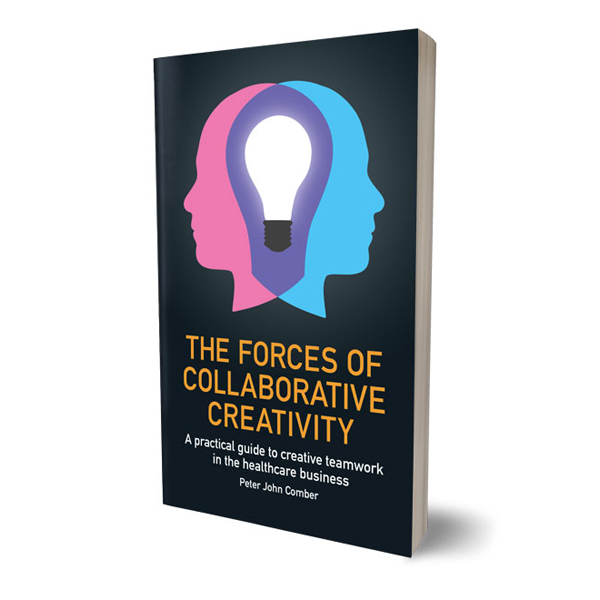Bubble trouble.
It ain’t easy being you and it ain’t easy being me either.
Many years ago, I worked for a successful man who lived in hedonistic opulence. With some justification, he considered himself part of an elite and avoided at all times and at all costs anything mass-market. One day we had an argument about some ideas for a TV commercial promoting a jar of pickles - it degenerated when I asked him when was the last time he had set foot in a supermarket.
Years later, I worked for some successful people in America. One day we argued about an advertising concept for a cancer treatment. The ad had proven successful in America, and they intended to use it all around the world. Unfortunately, for cultural reasons, it just wasn’t appropriate for Europe.
What these two scenarios have in common - apart from me annoying people - is an empathy deficit. Often a lack of empathy is caused by ignorance. It’s not inherently malicious, rather it is caused by a lack of knowledge or information. Sometimes ignorance is willful - we tend to avoid and ignore information that goes against our self-interest or personal identity. Sometimes ignorance is acerbated by arrogance - our lack of understanding of others is, at least in part, conscious yet we still think we know what’s best.
If you look in a dictionary, you will see that the term empathy derives from the Ancient Greek word empatheia. The ‘em’ part meaning into and the ‘patheia’ part (pathos: passion) meaning feeling or suffering. This explanation of the word is interesting because it is evocative of a journey into the emotional state of another. It’s a good metaphor: understanding the emotions, motivations, beliefs and biases of others requires travelling to a foreign land, figuratively and sometimes literally. It requires stepping outside the individual bubble that we all inhabit and visiting another bubble with open eyes, ears and mind. To a certain extent, it requires the owner of the other bubble allowing you in.
Another thing I find fascinating about the word empathy is how recently it entered the English language. It was first used by the English psychologist, Edward Bradford Titchener, in 1909 to translate the German word, Einfühlung. Until then, people were ‘sympathetic’ to someone else’s plight - they did not empathise. Language evolves to reflect what society discuses. It is no coincidence that the word empathy was coined the same year that Freud and Jung visited America to conduct their conferences on psychoanalysis.
If we don’t understand emotion we can’t understand others, yet the business world has unresolved issues with emotion. We, humans, have an atavistic fascination with the emotions of others and we enjoy being moved by them. Music, film, theatre, dance, literature and the visual arts allow us to take journeys into the lives of others and they have been autonomously developed by societies in every epoch and every corner of the globe. Regularly going to a supermarket isn’t as prestigious as going to the opera however sharing that supermarket experience with others is indispensable if you need to make informed decisions on how to sell a jar of pickles to the people ambling up and down the aisles. Of course, this chore can be outsourced and condensed into a report, but the experience is incomparable. Whether you are trying to comprehend the supermarket experience, the oncology ward experience, the work-from-home experience or any other human circumstance the transferal of emotion is indispensable.
The pandemic has accelerated the pre-existing trend of people being hyperconnected and physically distanced. As a result of this, there is a reduction of random, spontaneous contact and our bubbles drift apart. Now more than ever, it is important to make an effort to understand the emotions of others and be open to the bi-directional transferal of feelings. It requires being aware of our individual bubbles and demands our willingness to peep beyond the comforting, familiar certainty of our personal reality.
While extremely relevant today, this is, of course, not a new idea: in 1895, before the invention of the word empathy, Mary T. Lathrap wrote the poem I will leave you with. It is called Judge Softly.
Pray, don’t find fault with the man that limps,
Or stumbles along the road.
Unless you have worn the moccasins he wears,
Or stumbled beneath the same load.
(...)
Brother, there but for the grace of God go you and I.
Just for a moment, slip into his mind and traditions
And see the world through his spirit and eyes
Before you cast a stone or falsely judge his conditions.
Remember to walk a mile in his moccasins
And remember the lessons of humanity taught to you by your elders.
We will be known forever by the tracks we leave
In other people’s lives, our kindnesses and generosity.
Take the time to walk a mile in his moccasins.





